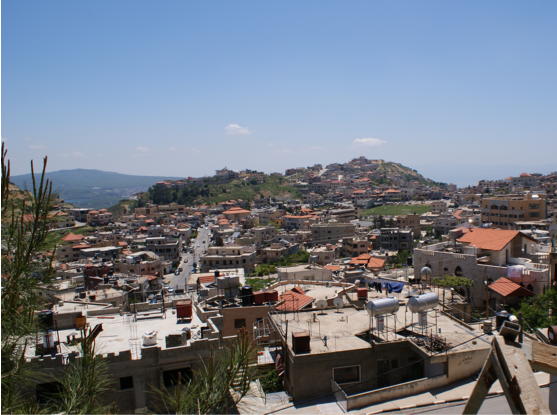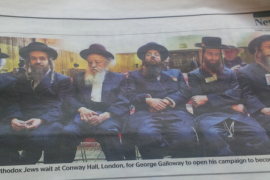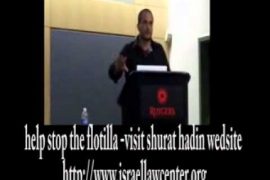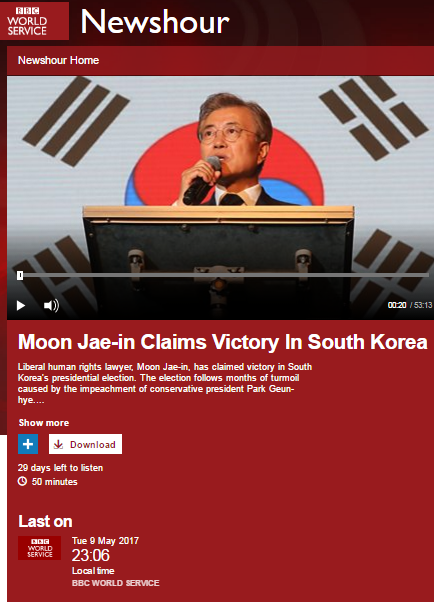This essay was written by Hadar Sela and published in The Propagandist
 The recent news that conflicting demonstrations both for and against Bashar al Assad had been held in two of the Druze villages in the north Golan had already piqued my curiosity, particularly as the pro-Assad demonstration was held in Buqata, which is known locally as the more moderate of the four villages, and the anti-Assad one in Majdal Shams; traditionally the more militant.
The recent news that conflicting demonstrations both for and against Bashar al Assad had been held in two of the Druze villages in the north Golan had already piqued my curiosity, particularly as the pro-Assad demonstration was held in Buqata, which is known locally as the more moderate of the four villages, and the anti-Assad one in Majdal Shams; traditionally the more militant.
So when the opportunity recently arose to join a tour to the area with a group of foreign journalists unable to currently get visas to enter Syria, I too went along to hear the next best thing; the perspective of the Golan Druze – most of whom who have friends and family in Syria – on the uprisings there. As so often is the case in the Middle East, not least when talking to the Druze, attempts to peel back the onion-like layers to get to the facts raised many more questions than they provided answers.
The office of the Al Marsad human rights organisation in Majdal Shams is located near the village square, high up on the breezy slopes of Mount Hermon. A little prior research had shown that Al Marsad’s concept of human rights appears to be limited to writing reports and briefing foreign visitors exclusively on one subject: how awful the lives of the Druze residents of the Golan are under Israeli rule. At least one of its reports indicates that it has associations with the Hamas-linked ‘European Campaign to End the Siege on Gaza’: the outfit which organises the flotillas, including the one last year which ended in extreme violence initiated by its IHH participants, and which was founded in 2007 by the Muslim Brotherhood’s European branch – the Federation of Islamic Organisations in Europe.
Al Marsad’s co-ordinator, Salman Fakhr Eddin, gave an impassioned speech in support of the demonstrators in Syria, declaring himself to be “optimistically frightened” about the situation in that he is convinced that the uprising will eventually succeed, but at a heavy price. Whilst he categorically denied the presence of Islamist extremists within the Syrian opposition, he was unable or unwilling to say exactly who the demonstrators are. According to him, the opposition is not an organised body, but he does claim to know that its only aim is to demands reforms which will lead to democracy.
He predicted that Assad will follow in his father’s footsteps, breaking the opposition by use of extreme force, but that he will be obliged to hold elections and initiate constitutional changes later in the year, and also to sacrifice his brother Maher al Assad – head of the Presidential Guard. Fakhr Eddin does not rule out the possibility of a civil war in Syria, and even an eventual division of the country which could result in an end to the existence of Syria in its current geo-political form, but minutes later also presented a somewhat conflicting claim according to which there is no such thing as ethnic divisions and tensions between Druze, Sunnis, Christians or Alawites in Syria. Such declarations of idyllic Syrian harmony might go down well with the foreign visitors, but would certainly promote scepticism in anyone more familiar with the region.
Read the rest of the essay, here.




